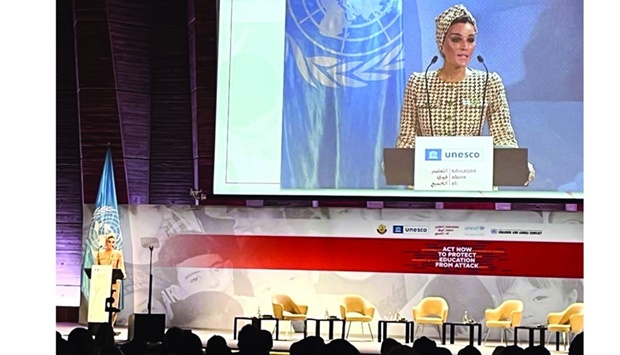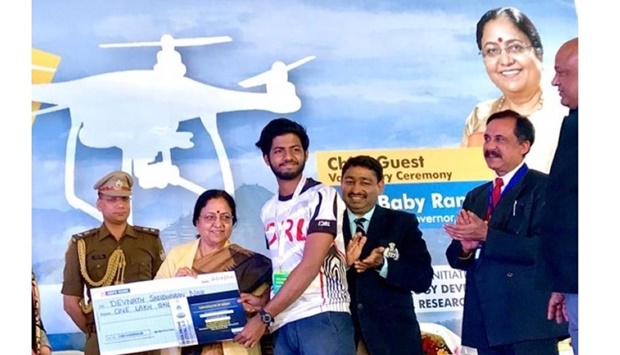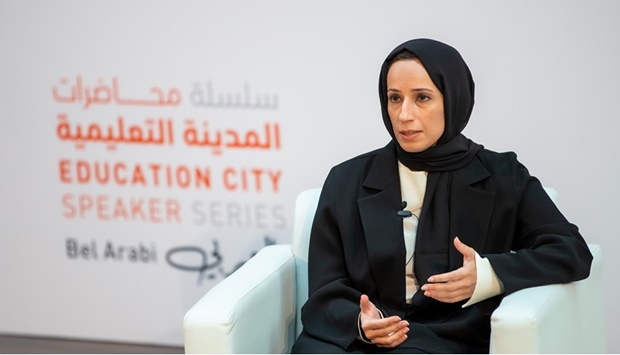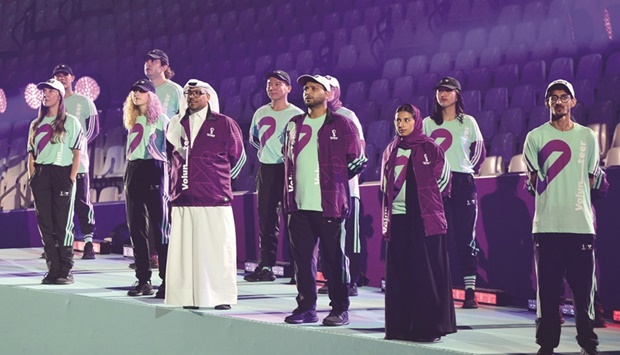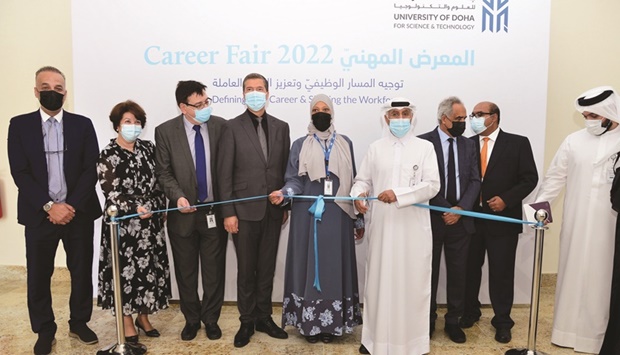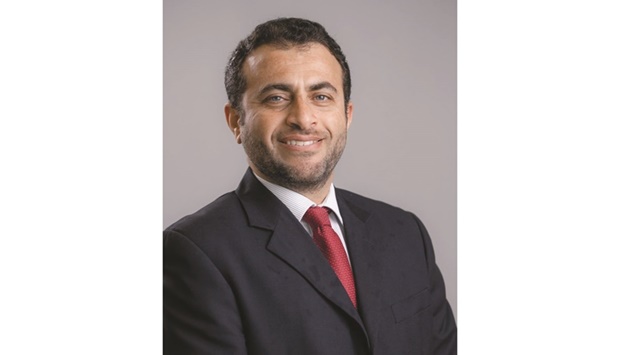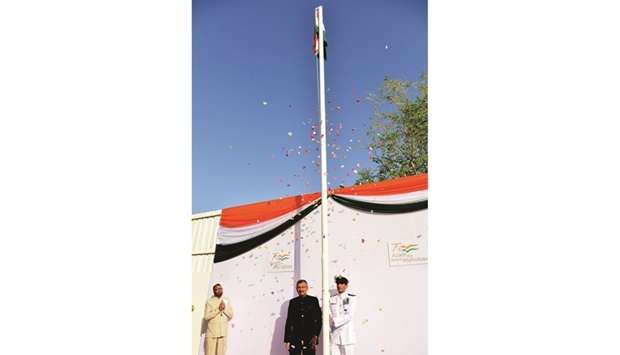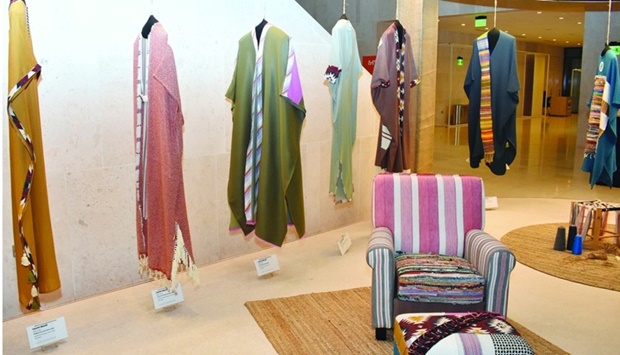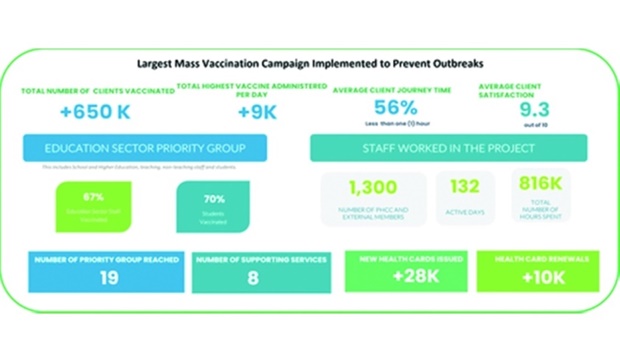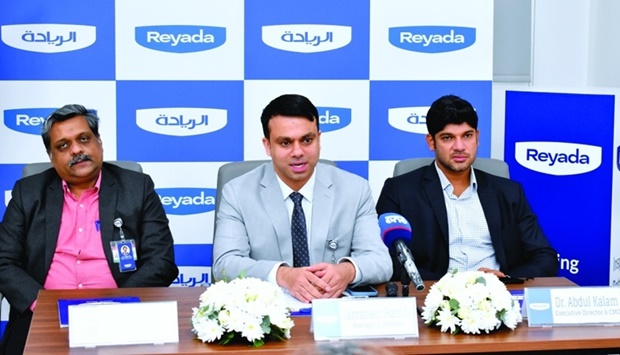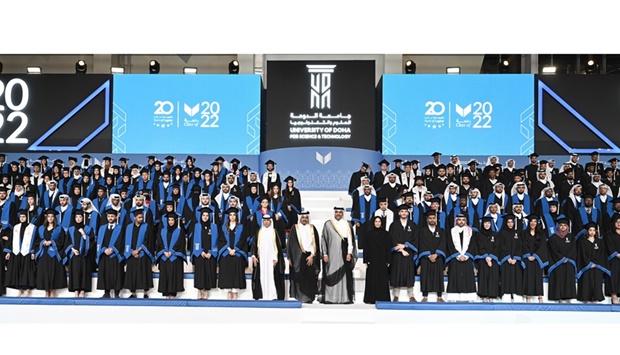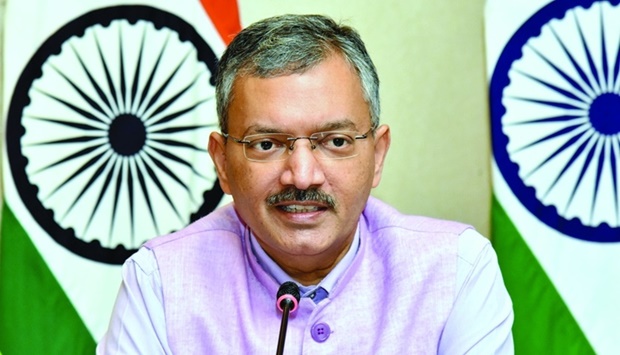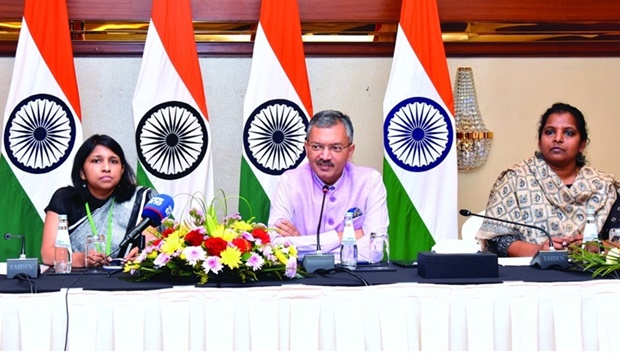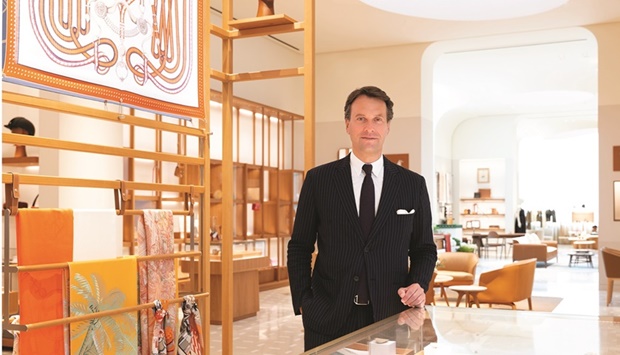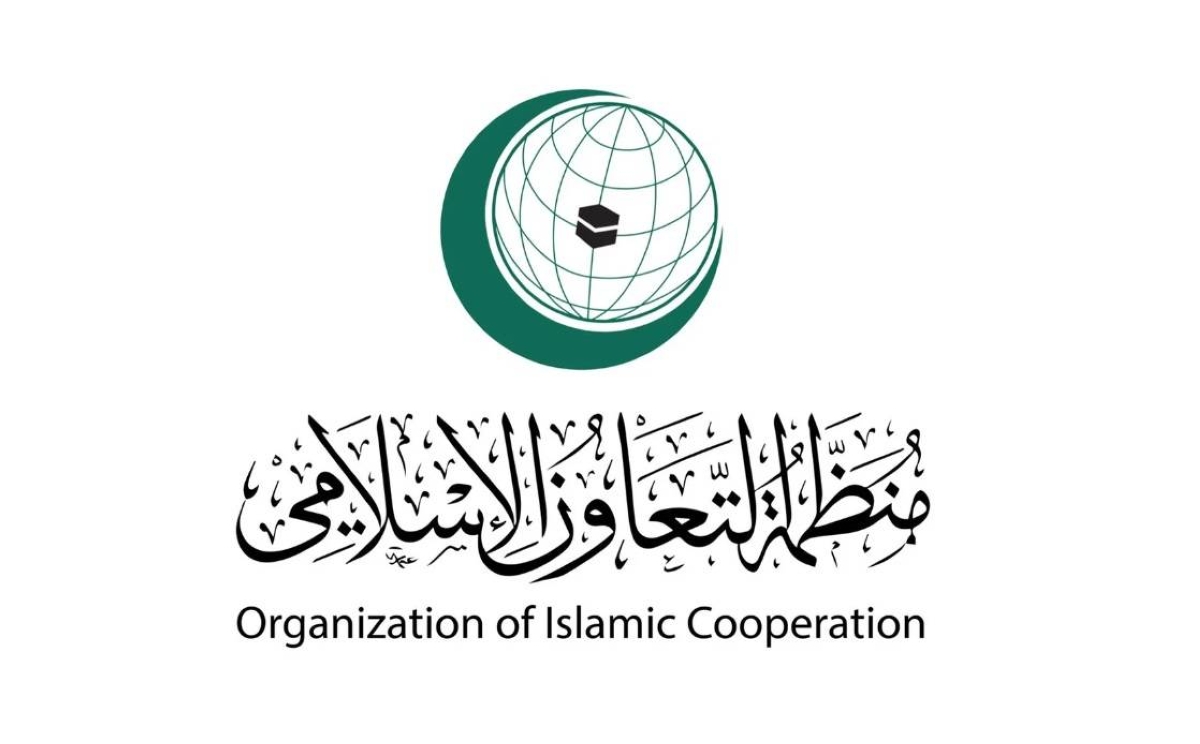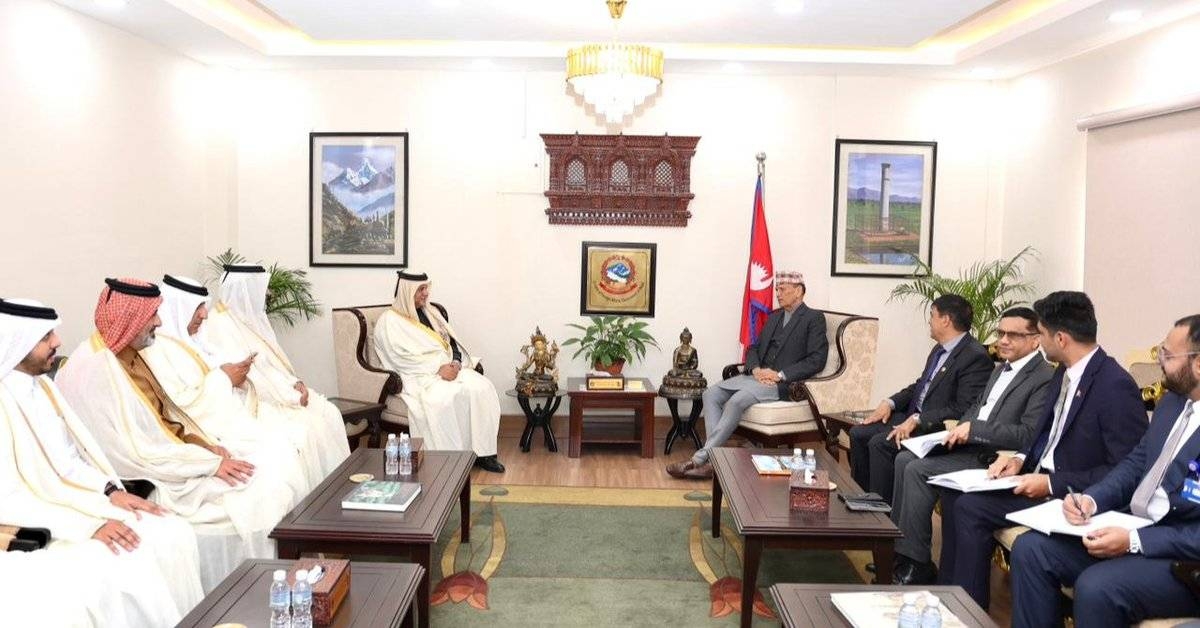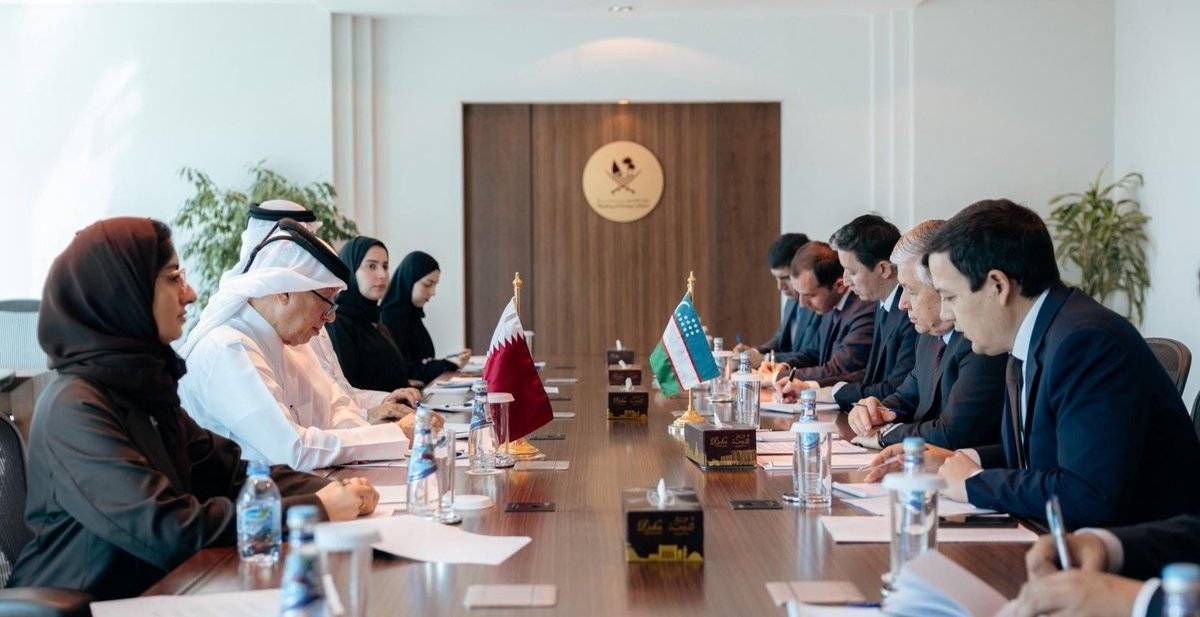Urging the international community to do more for protecting education, Education Above All (EAA) Foundation chairperson Her Highness Sheikha Moza bint Nasser Friday stated that “The time to act is now.” She was addressing an audience consisting of international education leaders in Paris, marking the ‘International Day to Protect Education from Attack’ observed on September 9. Sheikha Moza, also a Sustainable Development Goals (SDG) advocate, announced a data portal named TRACE, (Track Attacks on Education), a new tool which applies humanitarian technology to generate reliable, timely data on attacks on education to be freely shared. “Alongside Unesco and Kobo we are developing TRACE, a portal that analyses and demonstrates data in a unique and accessible way. TRACE can be used by students, academics, journalists, policymakers and all who are interested in understanding and countering attacks on education. It will be a single-entry-point to statistics, information and resources,” announced Sheikha Moza. The high profile event was attended by Audrey Azoulay, Director-General of Unesco, Nana-Akufo-Addo, President of Ghana; Maria Teresa, Grand Duchess of Luxembourg and Unesco Goodwill Ambassador; Steffania Giannini, Unesco ADG for Education; Yalda Hakim, Australian broadcast journalist; Rosario Diaz Garavito, CEO of The Millennials Movement and Virginia Gamba, UNSG’s Special Representative for Children and Armed Conflict. Antonio Guterres, Secretary-General of the United Nations delivered a message at the event while Catherine M Russell, Unicef Executive Director gave a video message. Sheikha Moza noted that attacks against education is going up year after year. She said: “Last October, the Security Council unanimously adopted Resolution 2601. And yet, since then, thousands of attacks have taken place. In 2020 the number of attacks on education increased by one-third compared to 2019 and remained just as high in 2021. All indications suggest that in 2022 they will continue to rise.” Noting that during the Covid-19 pandemic urgent measures were taken to provide education to students, the EAA chairperson said “millions of children continued to be educated throughout the pandemic, in ways that had never been widely used before. Out of the crisis, leaders, teachers, and ordinary members of the community created new ways to ensure children continued to learn.” As most children returned to schools this academic year, she drew the attention to those who could not. The EAA founder highlighted: “But around the world millions of children did not. Millions whose journey to school was too dangerous to make. Millions whose school buildings were destroyed or damaged, or occupied by soldiers. Millions who simply do not have access to education because of conflict. “Out of one crisis, we mobilised, instantly, to develop new ways to teach and learn. Teachers shared screens rather than write on a blackboard. Children practised teamwork via breakout rooms. We didn’t wait then; so why are we not responding now, with solutions to another great crisis: the crisis of attacks on education? “But when schools are bombed, and teachers are killed, – we allow affected children, those who have survived, to continue their lives without education. They are pushed off the very path that will lead them to a better future.” The SDG advocate stressed that for nearly a quarter of a century, she and her team have tried to convince the international community, that educating children matters and it includes all children. “All children matter. Poor children, isolated children – and children who live in, or flee, war zones,” she stressed. Sheikha Moza noted that those who prevent children and destroy education are real people. “They are organisations, they are militias, they are states. They are criminals. As such, they can be brought to account for their actions. If we ignore these criminals, they do not go away. They persist in deliberately targeting students, teachers and schools in deliberately targeting education,” she remarked. “Strike a school, strike education and you strike the very heart of a community and its culture. And in tearing the fabric of a society, you shatter the future for each and every child. Their hopes and dreams lost, the cycle of poverty and violence continues. In my speech two years ago, I spoke of my frustration, at watching the schools we have built being destroyed, and of my frustration at the lack of action from the international community. My frustration has not diminished,” she lamented. “No child is more worthy than any other. Every child deserves the opportunity to develop their intellect and to fulfill their potential. Every child deserves a future,” affirmed Sheikha Moza. “We cannot ignore this any longer. Today’s theme is “time to act,” but it has been time to act for a very long time. It is long past the time to act. We cannot continue to meet once a year, to pat ourselves on the back and be glad that we care. Renewing our commitment is all well and good but that commitment is not something to act on in the future. The time to act is now,” she pointed out. “We cannot remain numb, to the destruction around us, nor immune to the despair of so many. Please, let’s demonstrate the principles we profess to hold,” Sheikha Moza added.

Joseph Varghese
A journalist with a penchant for reporting events, Joseph Varghese digs deep to unearth facts. With several years of experience, including at Gulf Times, Joseph handles health, science and technology, IT and education in addition to everyday developments.
Most Read Stories

